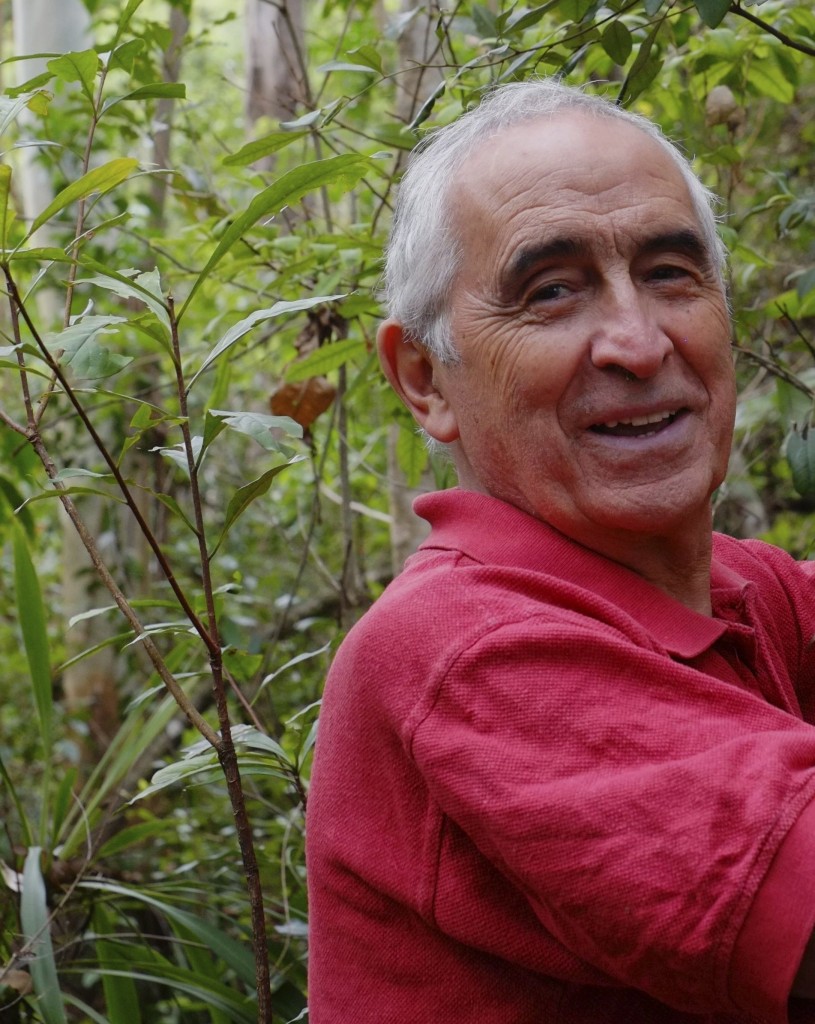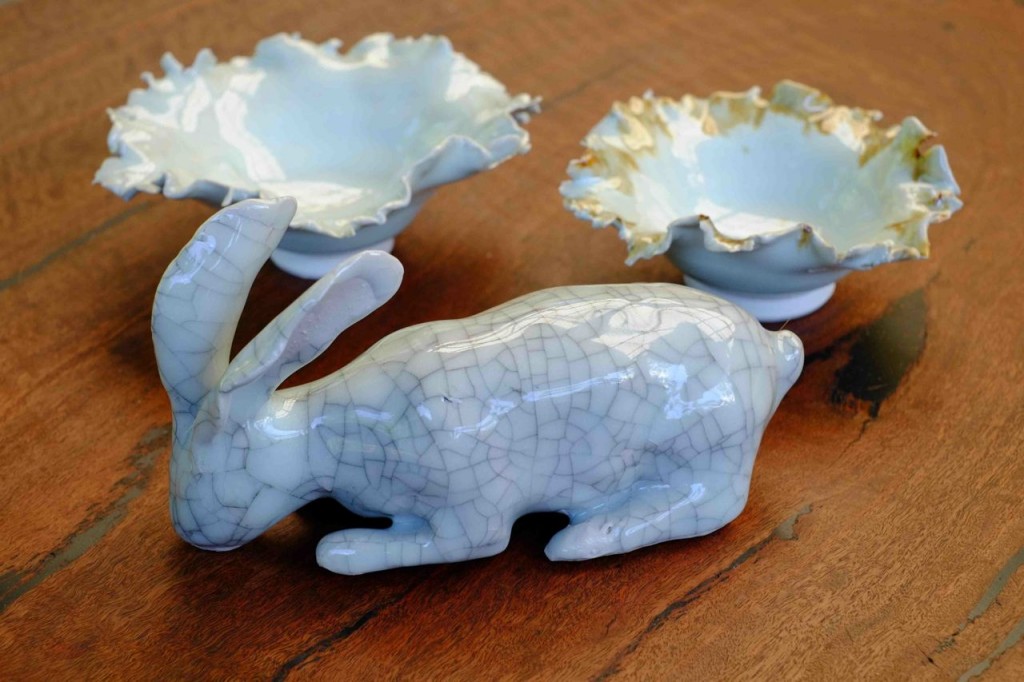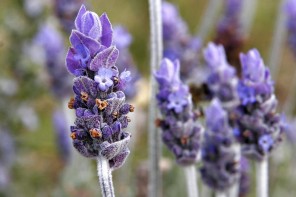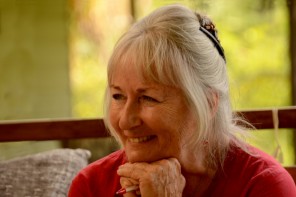Never averse to standing up for the causes he believes in, Richard Jones was the first convenor of Friends of the Earth Australia, and assisted in the founding of Greenpeace. A ‘ratbag’ (as he’s often been called) environmentalist, as a Democrat and later Independent politician he was an early advocate for green politics and animals rights issues. He lives near Byron Bay in a house he shares with his partner, environmentalist Jo Immig, and an assortment of wildlife including paper wasps, pythons, koalas and tree frogs. Verandah caught up with him on his verandah – naturally!
Q: You were a politician for many years, and an eco-warrier for many more – when did you decide to become a potter?
I was handling a couple of my mother’s pieces she had made a few weeks before she died – very suddenly. She had just startedrecovering from the equally sudden death of my father and had made only a few pieces of pottery. I realised that these were the most precious things I had of her, something she had made with her own hands. I thought it would be good to leave a few objects like that for my son and three grandchildren. I started learning with Lucy Vanstone in 2007 and became entranced with it. As I made more pieces, it soon became evident that we would not have enough space for them so I had better find homes for them. I tried a small market stall and was amazed to sell sixty pieces and then I tried another market.
Q: Your pottery has a beautiful almost Japanese feel to it – how do you feel it’s progressed over the past four years?
I love the Japanese aesthetic, particularly their notion of wabi sabi. I’m not keen on perfect pottery that could almost be machine made. I found my wonkiest pieces sold first. I don’t make them deliberately wonky but do allow nature to take its course both during throwing and firing. You simply never know what to expect when the kiln door swings open after a reduction firing. Every piece I make is an experiment and I never quite know how I will carve it or even glaze it. Not worrying about being perfect allows me the freedom to make individual and idiosyncratic pieces.
Q: What’s it like being a regular market-stall holder?
I now have so much respect for market stall-holders. They are up before dawn and back at dusk. They work so hard and sometimes for not too much return. There are quite a number of young women who are making, baking, growing, designing products and carving out their own living. There’s a lot of camaraderie amongst stall-holders.
It is tremendous fun meeting such a variety of people from all walks of life and from different countries. My pottery is now in a number of countries and scattered in homes around Australia.
Q: Where did you live before you came to the Northern Rivers and what attracted you to the area?
I first came to legendary Byron Bay in the sixties and my first question was: “Where are all the trees?” It’s changed a lot since then – there are many more trees and a host of fascinating creative people. We’ve made so many more like-minded friends here than we could ever have in Sydney where I spent much of the previous 38 years.
Originally friends from Sydney’s Northern Beaches started moving up and I followed them.
Q: I know the money you make goes to buying rainforest – so do you do this for love rather than an income?
About ten per cent of the gross revenue goes to buying rainforest. Every firing saves around 750 square metres of rainforest in Sumatra, land that would otherwise be cleared for palm oil plantations thereby destroying the homes of endangered tigers, clouded leopards, gibbons and other creatures. I use gas and feel I have an obligation to more than offset that by saving forests and planting trees. My customers also like the idea that they are contributing. Each piece I sell saves five square metres of forest, even five dollar pieces, so I make five dollar pieces specifically and young girls in particular buy them.
Q: What about retirement? You’re 74 but you’re not showing any signs of slowing down…
I’ll be retired when I’m interred. Plenty of time to lie around when I’m dead. The word “retirement” is not in my lexicon.
Q: What do you love best about living in this area?
The people, the beaches, the abundant organic food, the spirit and the fact we now have koalas in the trees I planted years ago. They have returned after an absence of about eighty years – as have other wild creatures. It’s heaven on earth.






